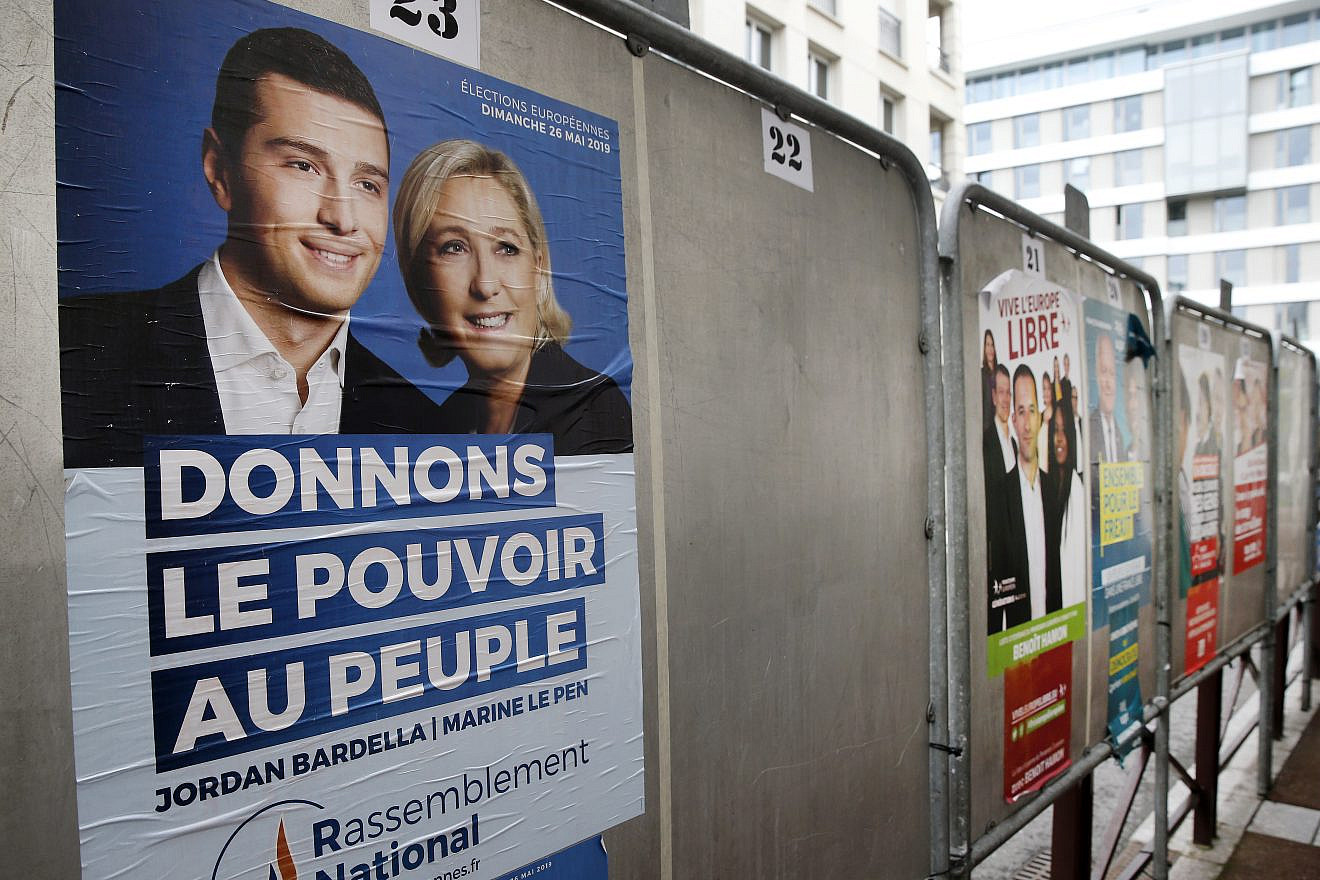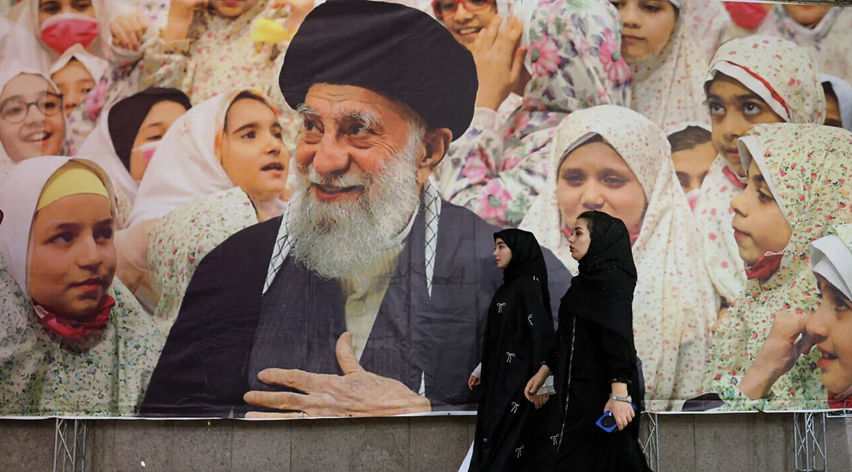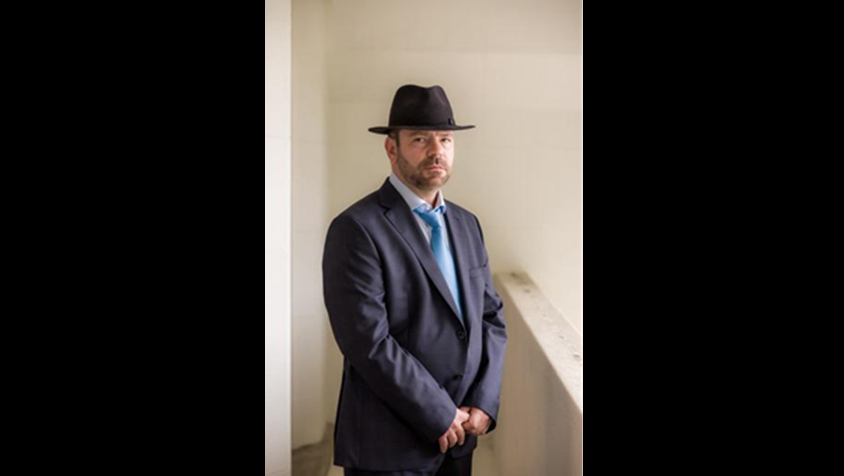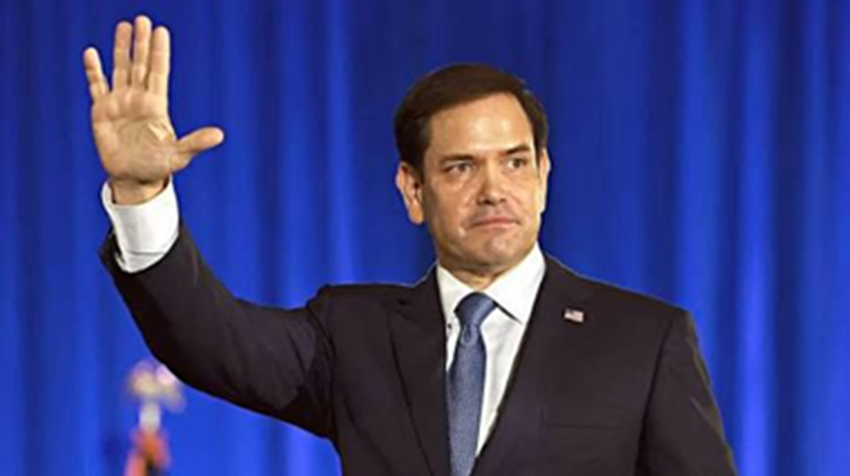An electoral campaign poster in Paris showing the National Rally’s Jordan Bardella and Marine Le Pen, May 21, 2019. Photo by Chesnot/Getty Images.
France’s far-right topped the country’s first round of legislative elections on Sunday for the first time, with the National Rally, the party of Marine Le Pen, winning about one-third of the vote.
Finishing second was the left-wing coalition, New Popular Front (NFP), with 27.99% of the vote. Third was French President Emmanuel Macron’s ruling Ensemble, or “Together,” coalition with 20.76%.
The vote was a rebuke to Macron, who called the snap General Assembly elections after his party suffered a heavy defeat to National Rally in European Parliament elections on June 6-9.
The vote solidified the fact that National Rally, once considered a fringe party, has moved to the mainstream. Voters, when queried by press, frequently expressed the view that while they once found the party scary, they now no longer do.
A pre-election study by the Ipsos polling institute of a representative sample of 10,000 registered voters found that National Rally voters had “grown and diversified,” The New York Times reported.
While still strongest among the blue-collar working-class, the study found National Rally’s electoral base had “considerably widened,” improving its vote by 15 to 20 percentage points among retirees, women, the under-35 age group, high earners and big-city residents.
It signifies how far National Rally has come from when it was known as National Front and headed by Marine Le Pen’s father, Jean-Marie Le Pen, who was convicted of Holocaust denial. His daughter expelled him from the party in 2015.
She then raised her protégé, Jordan Bardella, 28, charismatic and telegenic, to president of the party.
“Marine Le Pen’s smartest move was to appoint Bardella as No. 2 if not as co-leader,” Michel Gurfinkiel, a French author, journalist and public intellectual, told JNS.
“He is young, sweet, nice looking and personifies perfectly the transformation of the old National Front into the National Rally: a principled conservative party, rather than as a far-right party,” he said.
“Regarding Jewish matters, Bardella has been making strong pro-Israel and pro-Jewish statements from October 7 on, and dropping the last worrying aspects of his earlier platform, like a plan to restrict or ban shechita [ritual kosher slaughter],” Gurfinkiel added.
“I guess he knows this is what his constituency now demands. Growing numbers of French Jews think he is not an enemy, but rather an ally against the pro-Hamas Left and a Macron that banned 74 Israeli firms at the Eurosatory World Armament Fair, thus paving the way to BDS,” he added.
The party has endeavored to reach out to Jewish voters. In a June 22 op-ed in Le Figaro, Marine Le Pen, in the wake of the rape of a Jewish girl, excoriated the far-left and Macron’s party for allowing antisemitism to fester in France.
“The latest act to date, the appalling rape of this 12-year-old girl, because she is Jewish, stirs my heart and should revolt the whole of France,” Le Pen wrote.
An attack on the Jews of France is an attack on all French, she said. “By attacking a part of us, they are attacking us! Let us never doubt it.”
Le Pen also rejected accusations of antisemitism by her detractors. “Never, ever, have I tolerated in my movement the slightest compromise with antisemitic or revisionist ideas.
“With my friends, at the head of the NR, with Jordan, we have always been very clear about our condemnation of antisemitic hatred, the rewriting or trivialization of the history of the Shoah,” she wrote.
Even with the strong showing in the first round of voting, it is unclear if National Rally will emerge with an absolute majority (289 seats) in the National Assembly, which would allow it to form a stable government.
Polls have varied, showing National Rally garnering between 230 and 310 seats in the 577-seat National Assembly after the second round to be held on July 7.
If the National Rally does win an absolute majority, Bardella will become prime minister, appoint a Cabinet and take charge of domestic affairs. (Macron has promised to serve out his presidential term until 2027 even in that event.)
However, Bardella has said he will not take the prime ministerial position unless he has an absolute majority.
“I will be neither powerless nor an aide to the president of the Republic,” he told Le Parisien before the election. “To govern, I need an absolute majority.”
Bardella may have been acknowledging the difficulty that his party would have forming a coalition. Despite the French electorate’s changing attitudes, most parties continue to shun National Rally as a fringe, far-right political movement.
“Who can believe that we will be able to change the daily lives of the French by cohabiting with a plurality? Nobody can,” Bardella said. “I say to the people of France: to try us out, we need an absolute majority.”
(“Cohabitation” refers to a situation where the president and the parliamentary majority are from different political parties.)
If National Rally doesn’t win an absolute majority and Bardella holds true to his word, Macron would be forced to form ad hoc majorities to get legislation passed, something he has done since the 2022 General Assembly election, when his party lost its absolute majority.
But in the face of a powerful National Rally, Macron’s position would be far weaker.
Source: JNS



































